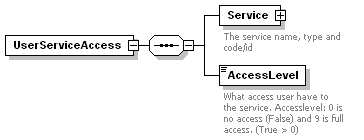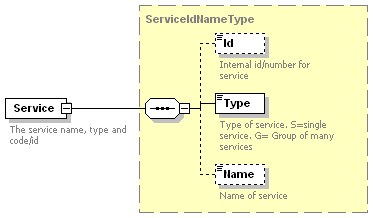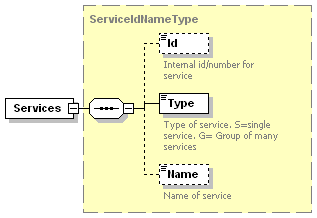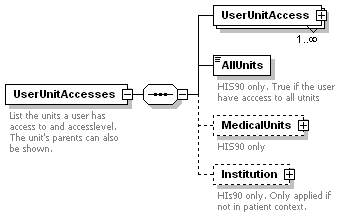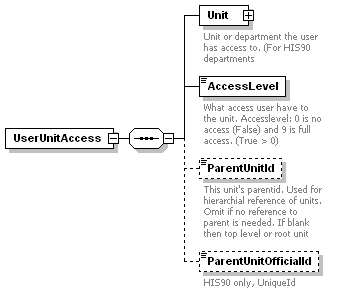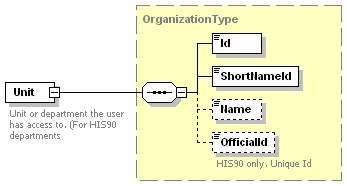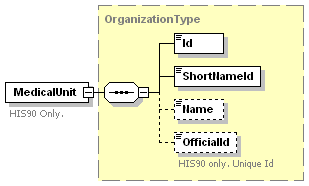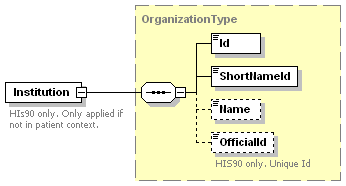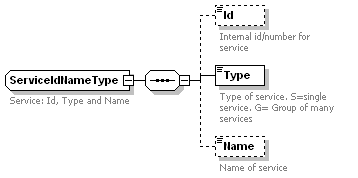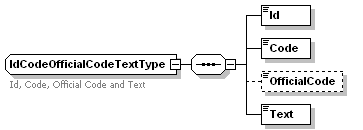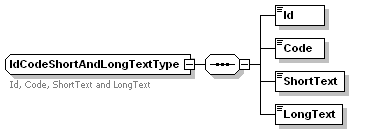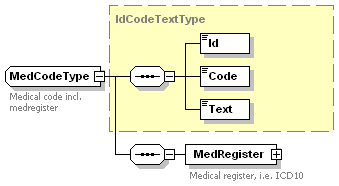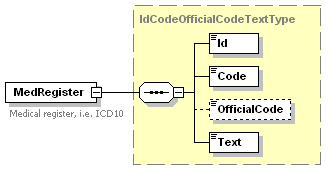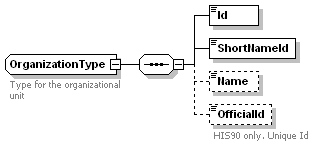
| documentation | A list of a user's access to a set of spesific services/functions |
<xs:element name="UserServiceAccesses"> <xs:annotation> <xs:documentation>A list of a user's access to a set of spesific services/functions</xs:documentation> </xs:annotation> <xs:complexType> <xs:sequence> <xs:element name="UserServiceAccess" maxOccurs="unbounded"> <xs:complexType> <xs:sequence> <xs:element name="Service" type="ServiceIdNameType"> <xs:annotation> <xs:documentation>The service name, type and code/id</xs:documentation> </xs:annotation> </xs:element> <xs:element name="AccessLevel" type="xs:int"> <xs:annotation> <xs:documentation>What access user have to the service. Accesslevel: 0 is no access (False) and 9 is full access. (True > 0)</xs:documentation> </xs:annotation> </xs:element> </xs:sequence> </xs:complexType> </xs:element> </xs:sequence> </xs:complexType> </xs:element>
